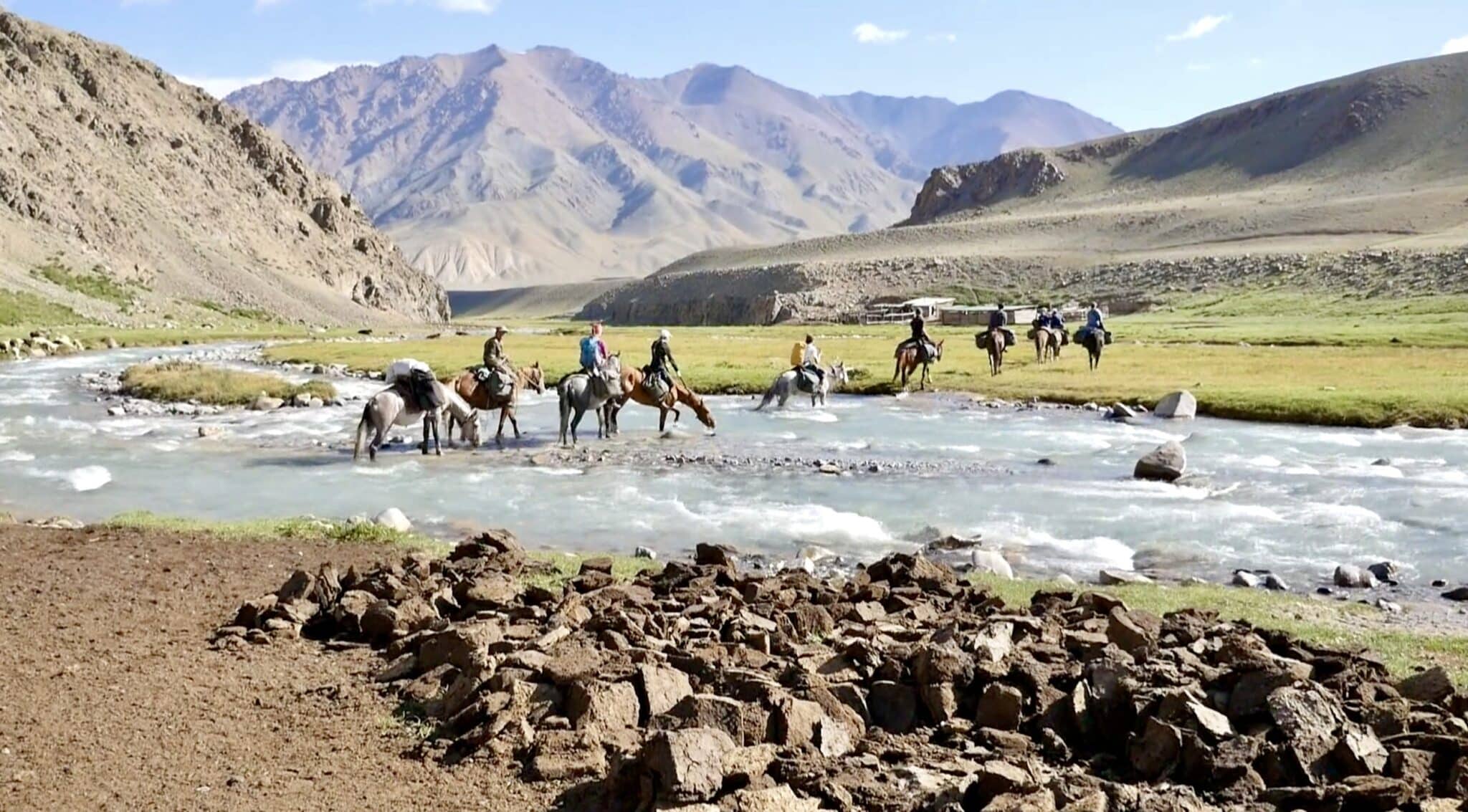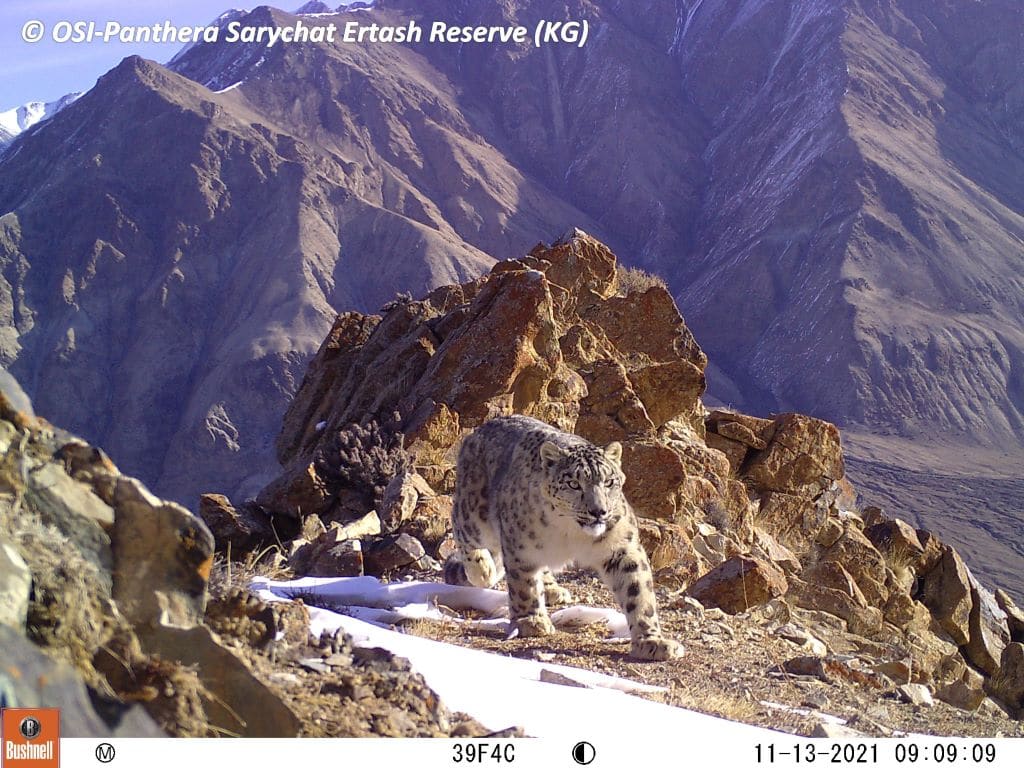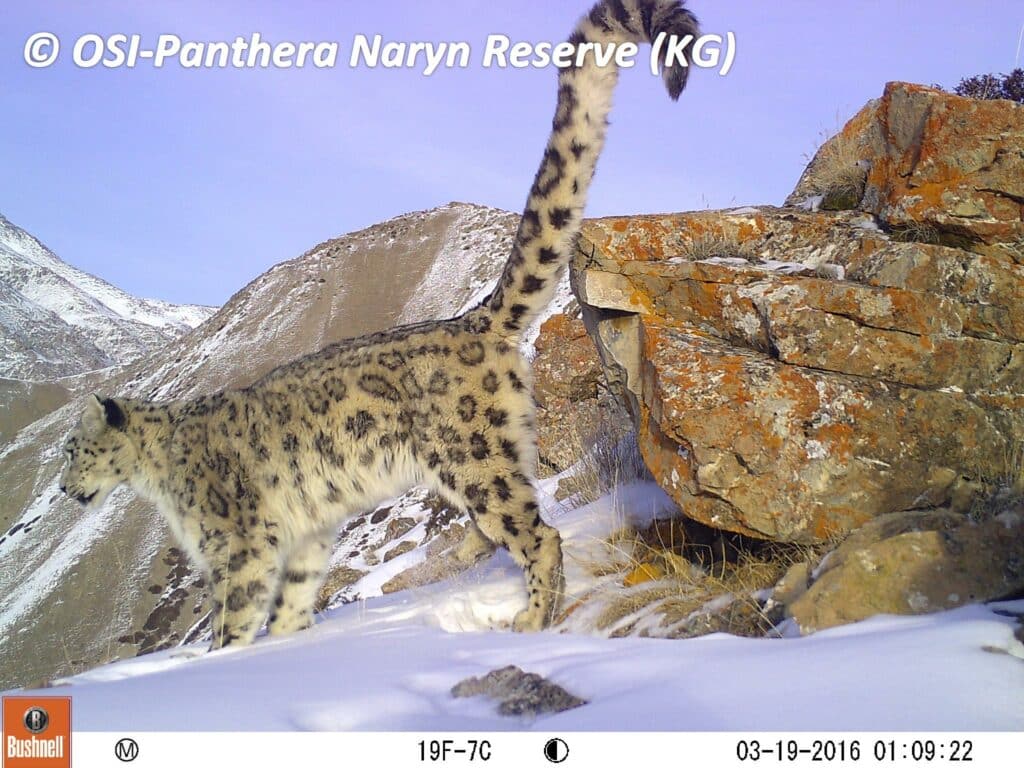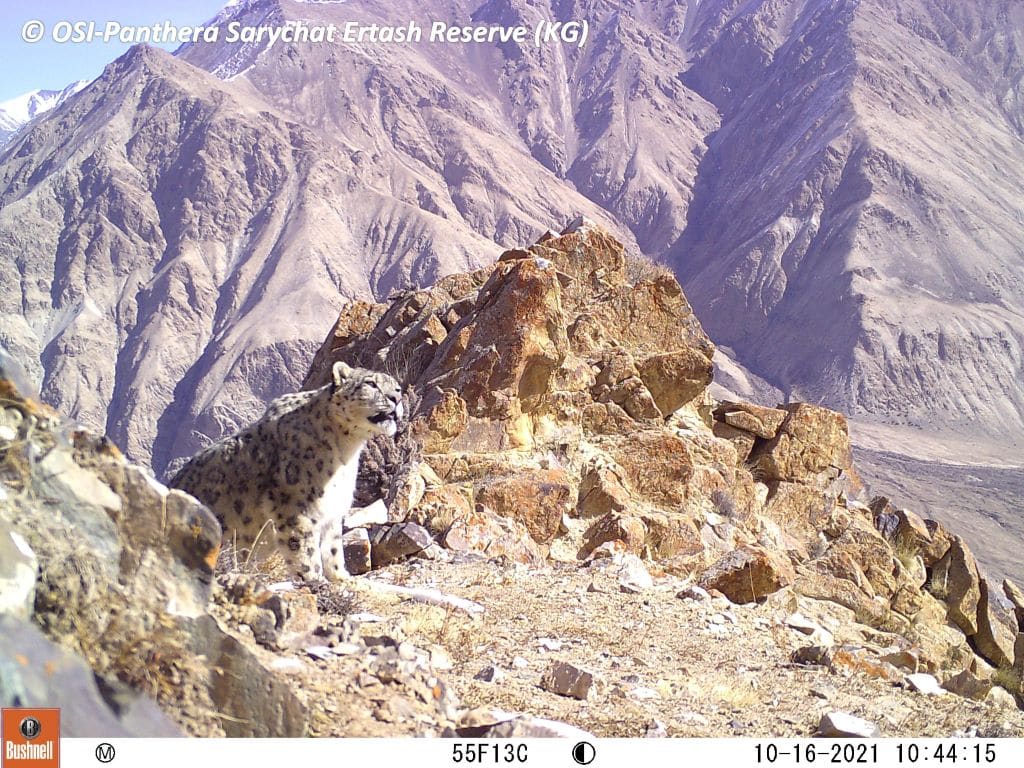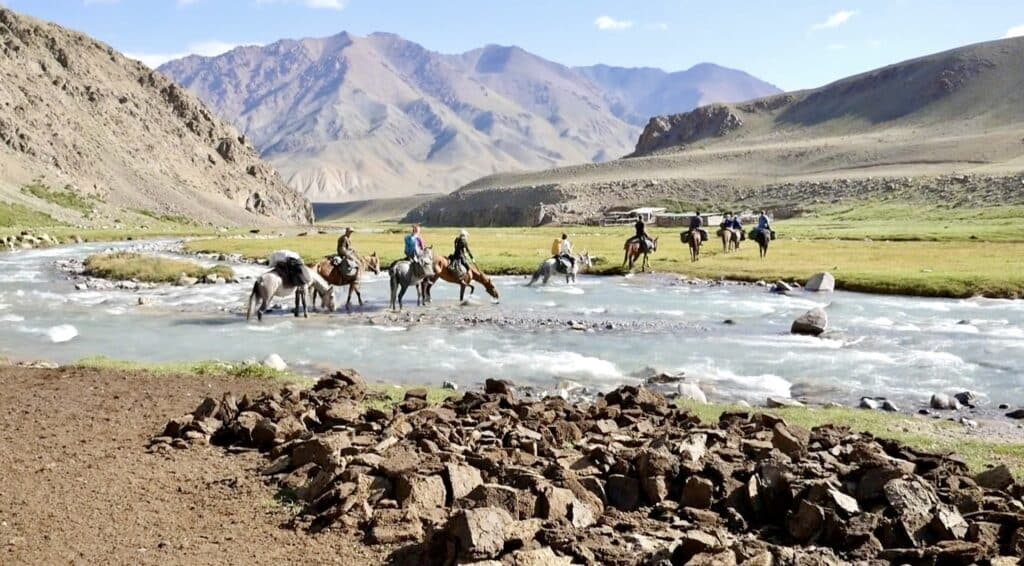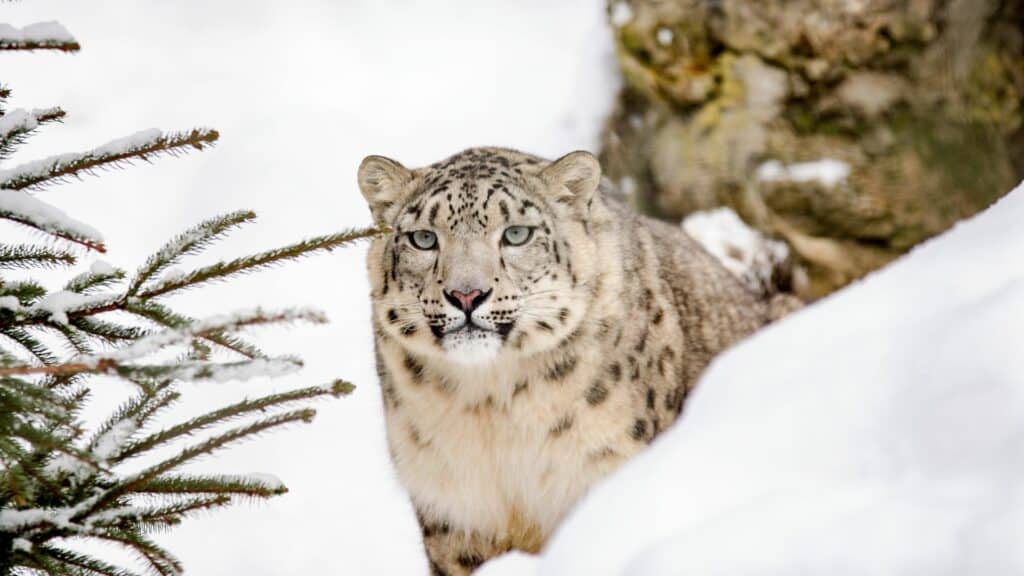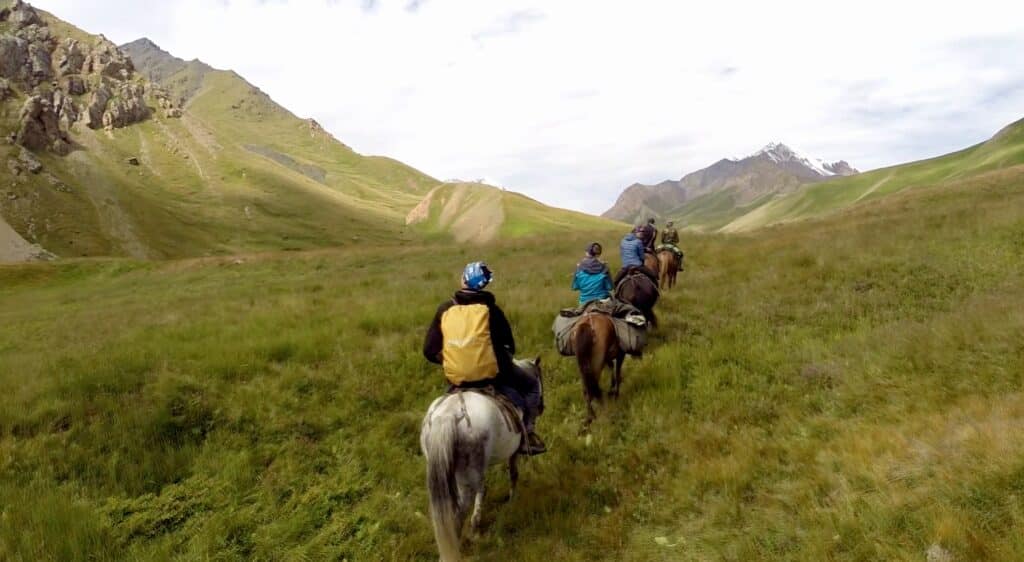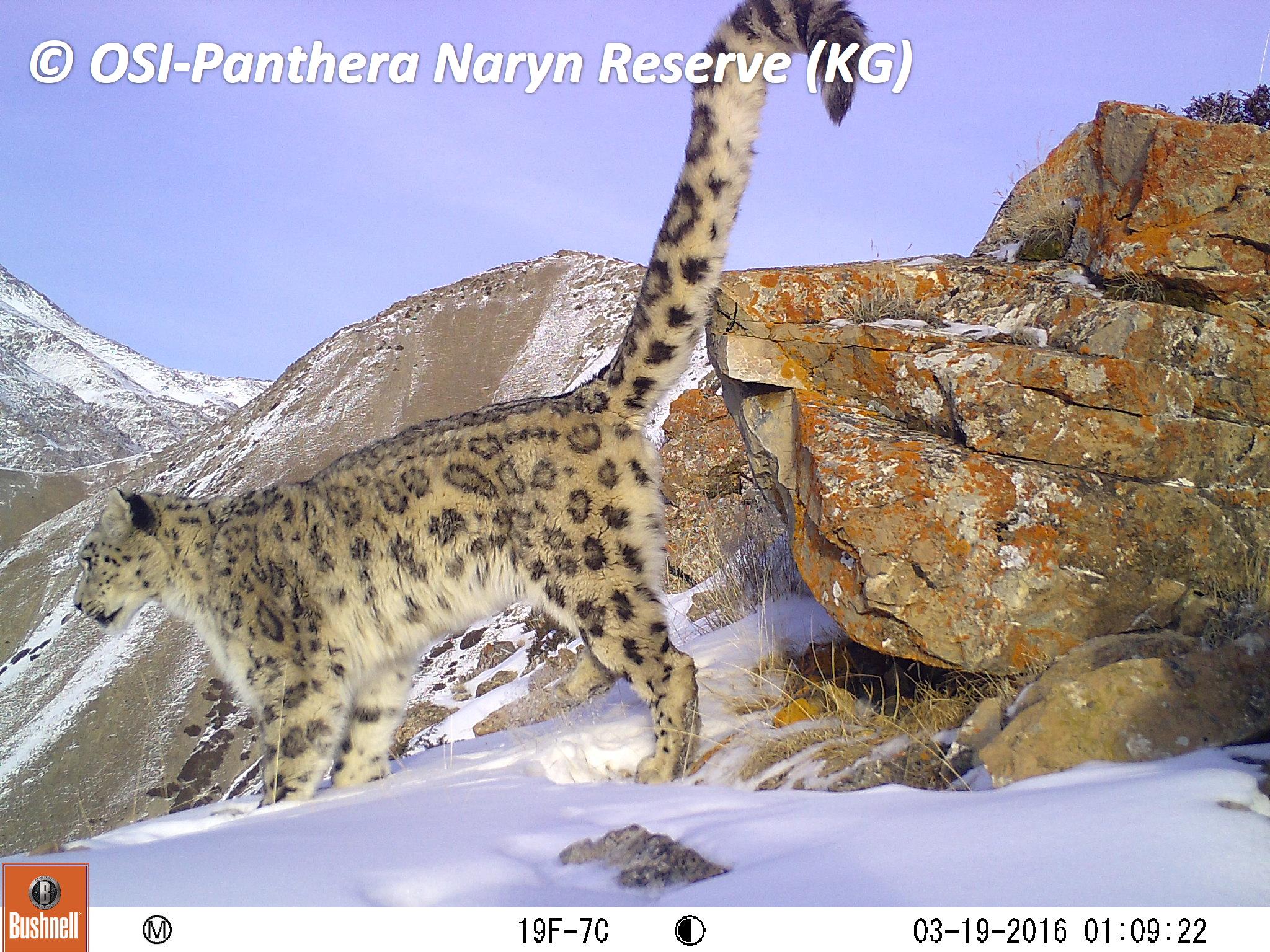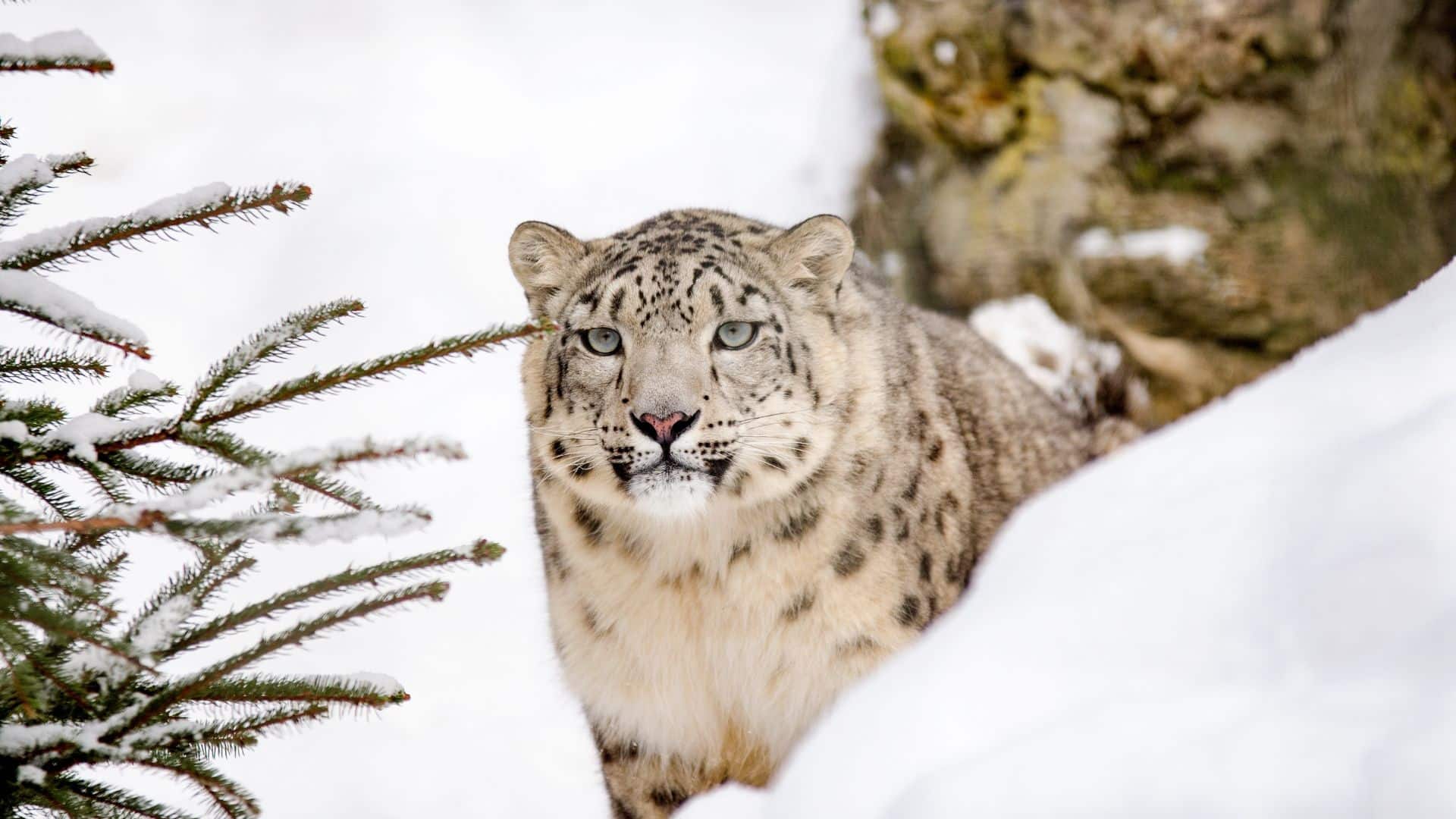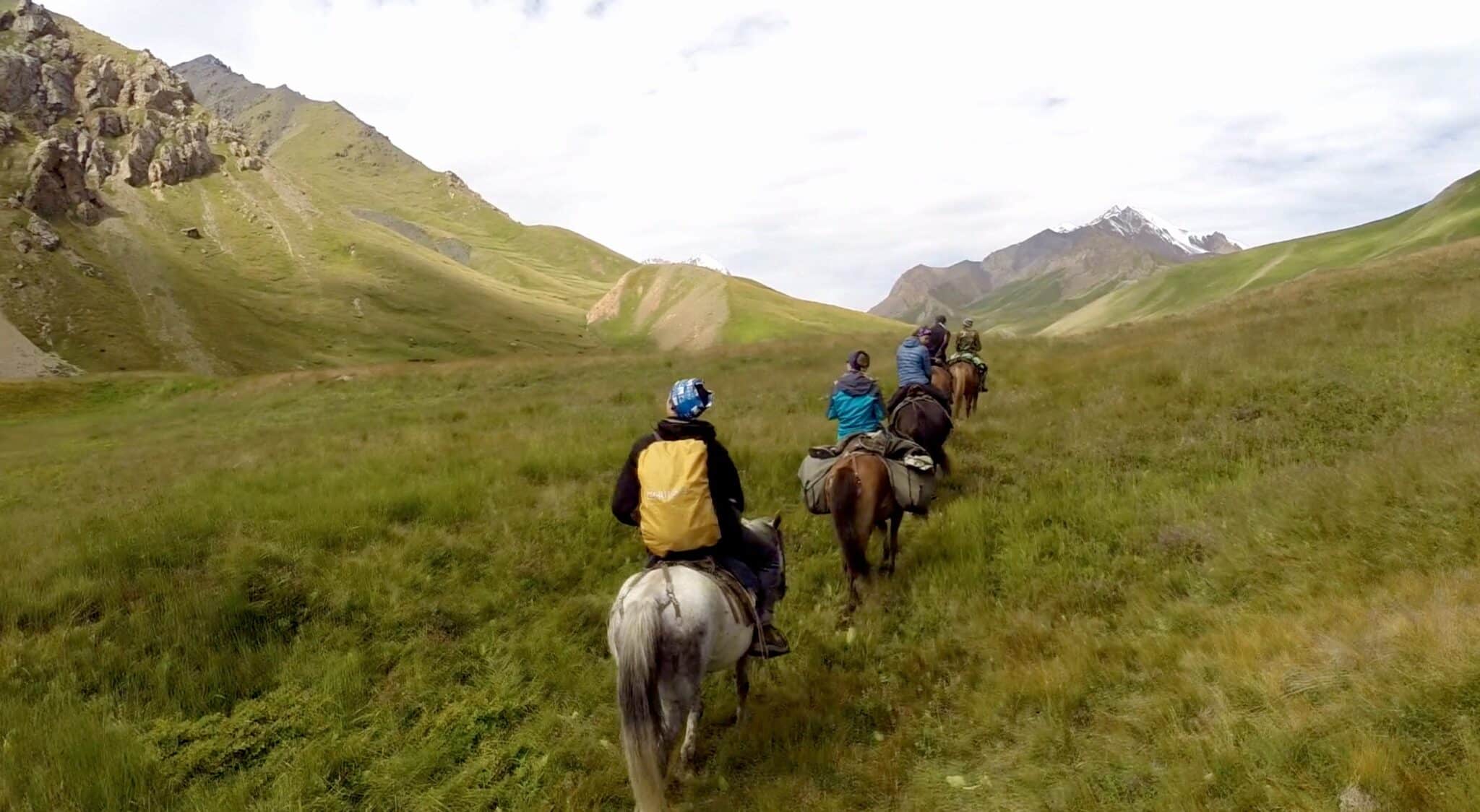The snow leopard: a jewel in the mountains of Central Asia
The snow leopardalso known as the snow leopard, is a large cat that inhabits the mountains of Central Asia. It is particularly well adapted to cold conditions and steep terrain. This animal is famous for its thick, mottled coat, which enables it to camouflage itself, particularly on snowy slopes. The snow leopard is a solitary, mainly nocturnal predator, hunting prey such as blue sheep, ibex and other mountain animals.
The snow leopard is endangered
Unfortunately, the snow leopard is now endangered. According to the International Union for Conservation of Nature (IUCN), it is classified as a vulnerable species, with an estimated population of between 4,000 and 6,500 individuals. Several factors contribute to this situation, including poaching for its fur and bones used in traditional Asian medicine. Another threat to the snow leopard population is the destruction of its natural habitat due to human development and climate change. Finally, conflicts with local livestock breeders also pose a serious problem. In their quest for food, snow leopards sometimes attack livestock, leading to reprisals from local communities. To protect this emblematic species, it is crucial to implement effective conservation measures and to raise awareness among local populations of the importance of coexistence.
Scientific expeditions and volunteering for the snow leopard
The study and conservation of the snow leopard depend, in part, on scientific expeditions and volunteer work. Scientific trips play a vital role in understanding the habits of this feline. Eco-volunteers use technologies such as camera traps to track snow leopards in their natural habitat. This data is essential for developing conservation strategies and identifying priority areas for protection.
Scientific monitoring over more than 10 years
The expeditions proposed by Cap sur l'Écovolontariat have been taking place every year in Nepal and Kyrgyzstan for many years. These scientific trips are based on participatory science. Volunteers are supervised by a science educator, who trains them in the various field surveys possible. Taking part in a scientific expedition as a volunteer is not only a great adventure, but also an opportunity to actively support conservation efforts and ensure the sustainability of the project.
Thanks to the snow leopard tracking expeditions, the data collected and analyzed are unique in that they enable us to track the snow leopard population over more than fifteen years!

